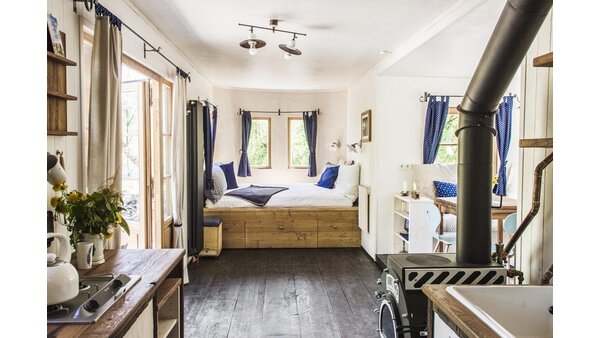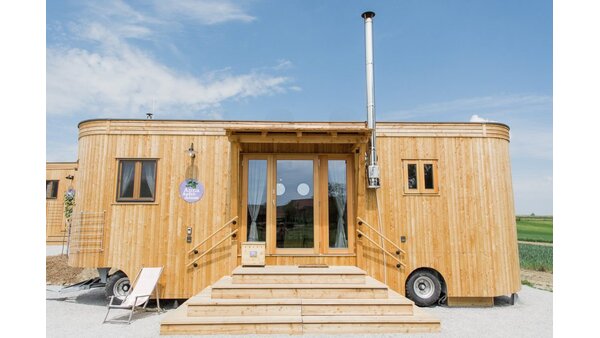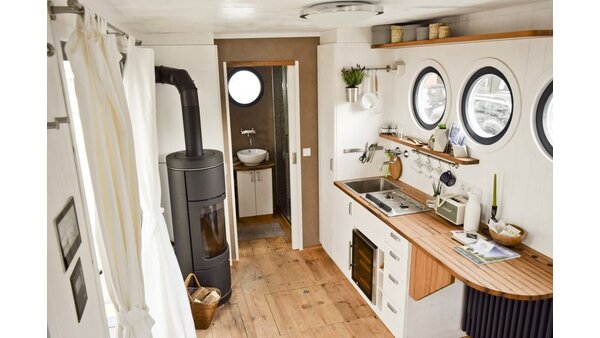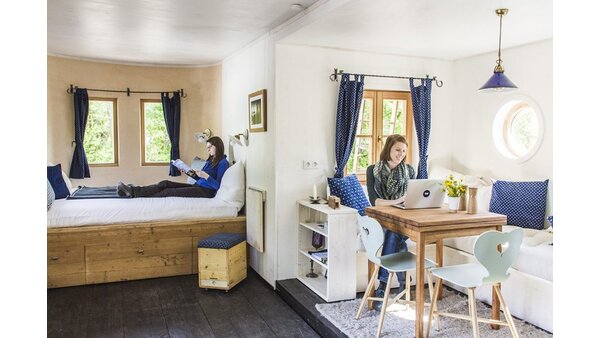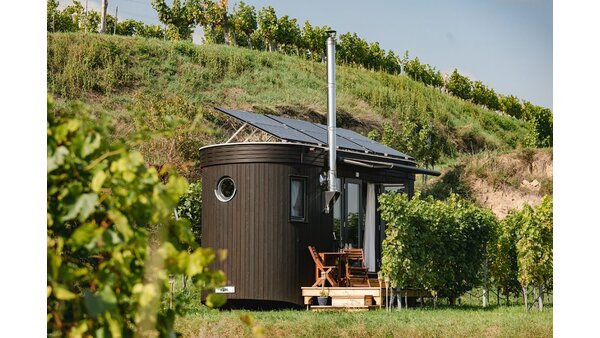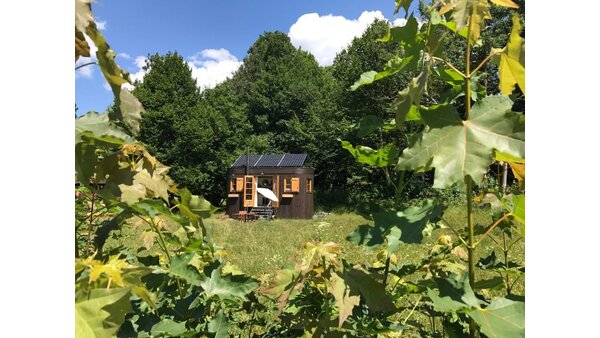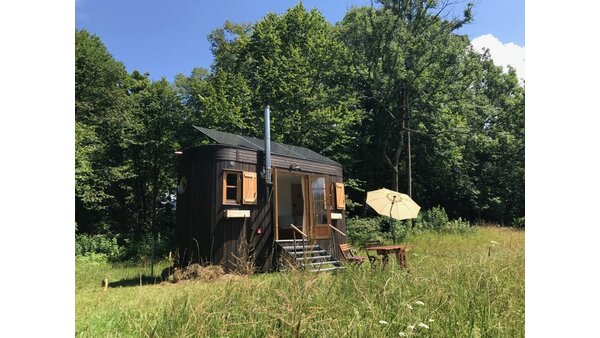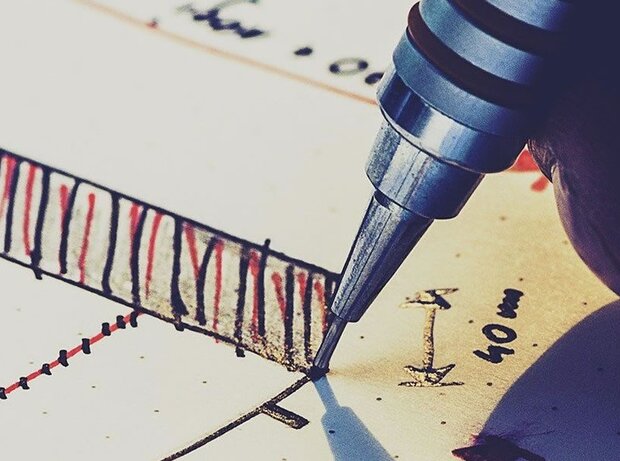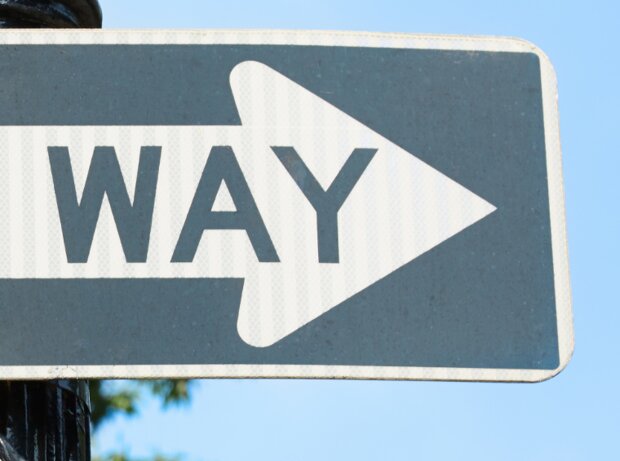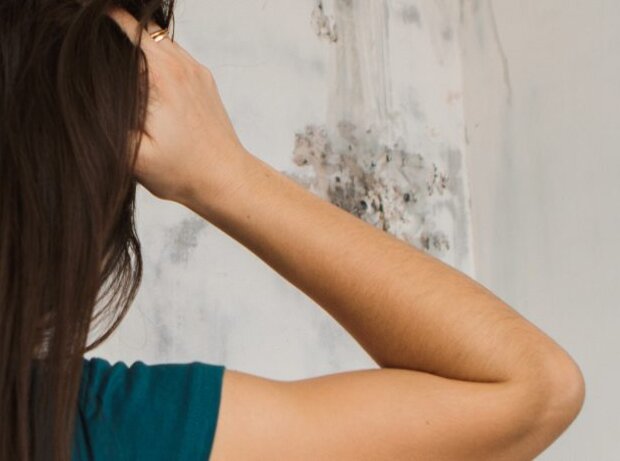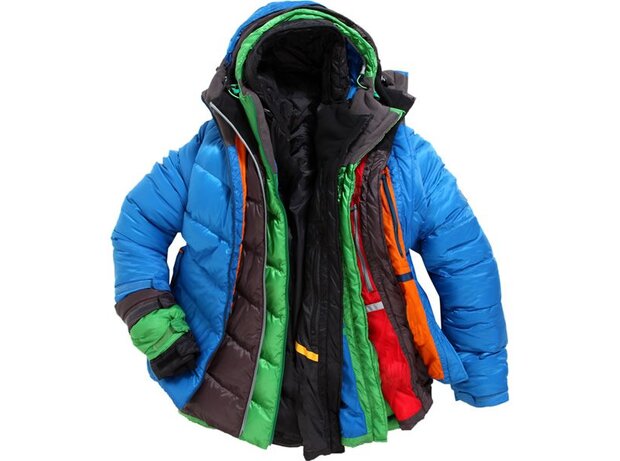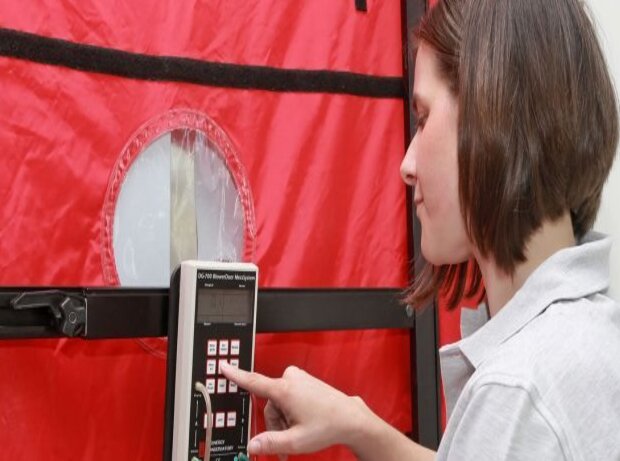
Tiny House on Wheels: Sustainable Living with Wohnwagon
Wohnwagon.at offers self-sufficient, sustainable tiny homes on wheels. Popular with young and older couples, these units are eco-friendly, affordable, and now exclusively supported by SIGA products.
Wohnwagon.at is a successful model. It is not only about individual, affordable housing units, but also about sustainability, minimalism, environmental protection and self-sufficiency. Big words that the young company from Vienna puts into action.
Two thirds of the customers do not use their Wohnwagon as a second home, but as a fully-fledged flat, says managing director and company co-founder Theresa Steininger. They are often young couples who don’t want to get into debt with a large mortgage or older couples for whom their flat is too big.
Airtightness, no energy loss and no mould are of course prerequisites.
Here, the dream of owning your own home is fulfilled, but in harmony with dense living, ecology and independence. “We feel that we no longer only appeal to the fringe target groups,” says Theresa Steininger, “at the beginning it was the total pioneers who wanted a housing wagon, now it’s also becoming an issue for down-to-earth citizens.”
What is a Wohnwagon?
A “Wohnwagon” is a mobile Tiny House that, in the best case, functions entirely on its own without electricity or water connections. This makes the insulation and air-tightness of the wagons all the more important. “We are also a building! The caravans are a normal residential submission, fully capable of living in them. Accordingly, airtightness, no energy loss and no mould are prerequisites,” Theresa Steininger explains. “An old circus wagon that I only use in the summer doesn’t need a windproof membrane; just formwork on the inside and outside with standing air in between. But if I want a wagon to function fully, then that has to be built like a normal house.”
Well advised
The basic frame of the caravans are used, upcycled container chassis and solid wood. Insulation is of course made of sheep’s wool, only solid wood and clay plaster are used in the interior, and only SIGA products are used for the air- and windproof shell. Creating this envelope takes just one day’s work out of eight weeks, but it is essential for living comfort. “We are very pleased that we found SIGA. Before, we had different suppliers. At 100,000 to 200,000 euros per wagon, we want to make sure that no cheap products come in and that it also lasts for 50 years,” Steininger says about the airtight/windtight products. The workshop manager praises, among other things, “the personal advice” and the “initiative in terms of support” that comes. “SIGA reacts extremely quickly, which makes our workshop work easier. Call once and it’s done tomorrow,” says Theresa Steininger. And finally, the love of ecological sustainability also connects: “I liked that the company has values.”
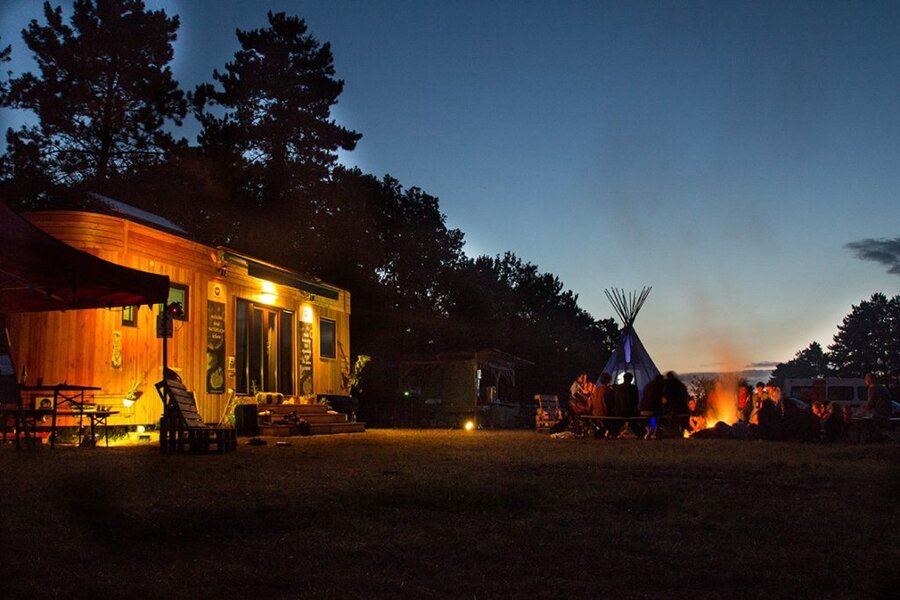
A different tradition
The spark that ignited Wohnwagon was anger about consumerism and cheap construction, says Theresa Steininger. “Wherever possible, people build bigger and cheaper per square metre. And more hazardous waste is used than actual building materials. Actually, we have a huge leverage and a different tradition in the construction industry. That was the motivation for me to start my own company.”
Wohnwagon.at is based on four fundamental principles:
- Self-sufficiency / closed-loop thinking
- Natural building materials (healthy indoor climate), recyclable
- Reduction to the essentials (the average living space per person has tripled today)
- Community (sharing things)
Model with a future
Meanwhile, the company Wohnwagon has thirty employees and only this year received the German Dream House Award 2020 in the category “Tiny House”. Before that, they had already received an entrepreneurial award and a lot of media attention. “We were at the right time, in the right place,” Theresa Steiniger says in response. Besides building wagons, the company runs an autarky shop both on their website and directly in Gutenstein, Germany. They also offer their expertise in planning single and multi-family homes. Their specialties lie in advising on “self-sufficient” and “sustainable” solutions. At the moment, the team is working on caravan number 60. Twenty more caravans have already been pre-ordered.
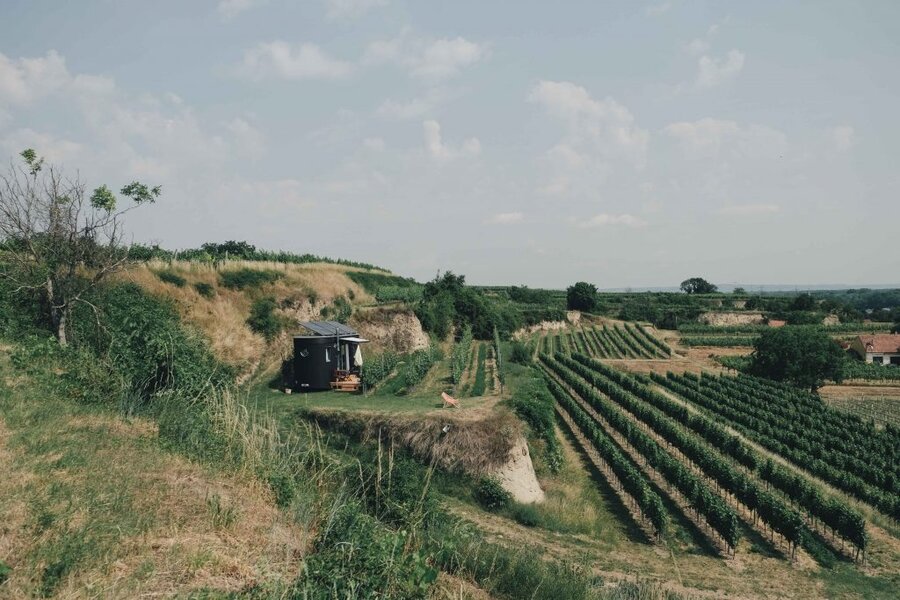
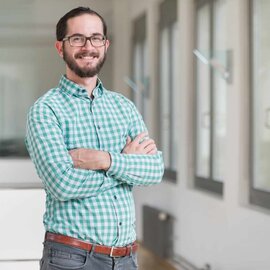
Alejandro Jimenez
Communications specialist at SIGA & outdoor enthusiast

